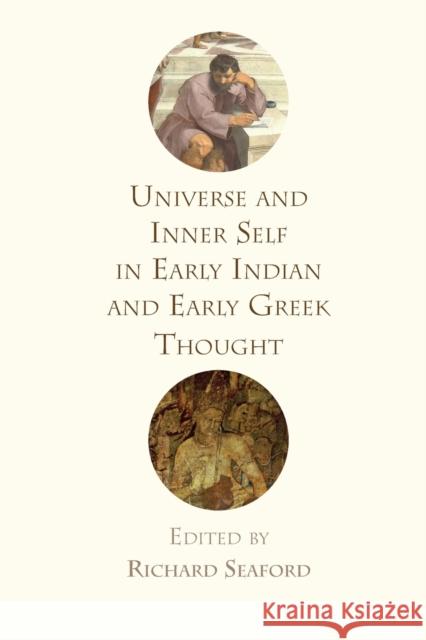Universe and Inner Self in Early Indian and Early Greek Thought » książka
topmenu
Universe and Inner Self in Early Indian and Early Greek Thought
ISBN-13: 9781474427142 / Angielski / Miękka / 2017 / 320 str.
Universe and Inner Self in Early Indian and Early Greek Thought
ISBN-13: 9781474427142 / Angielski / Miękka / 2017 / 320 str.
cena 150,91
(netto: 143,72 VAT: 5%)
Najniższa cena z 30 dni: 125,88
(netto: 143,72 VAT: 5%)
Najniższa cena z 30 dni: 125,88
Termin realizacji zamówienia:
ok. 22 dni roboczych.
ok. 22 dni roboczych.
Darmowa dostawa!
Explores the remarkable similarities between early Indian and early Greek philosophy











